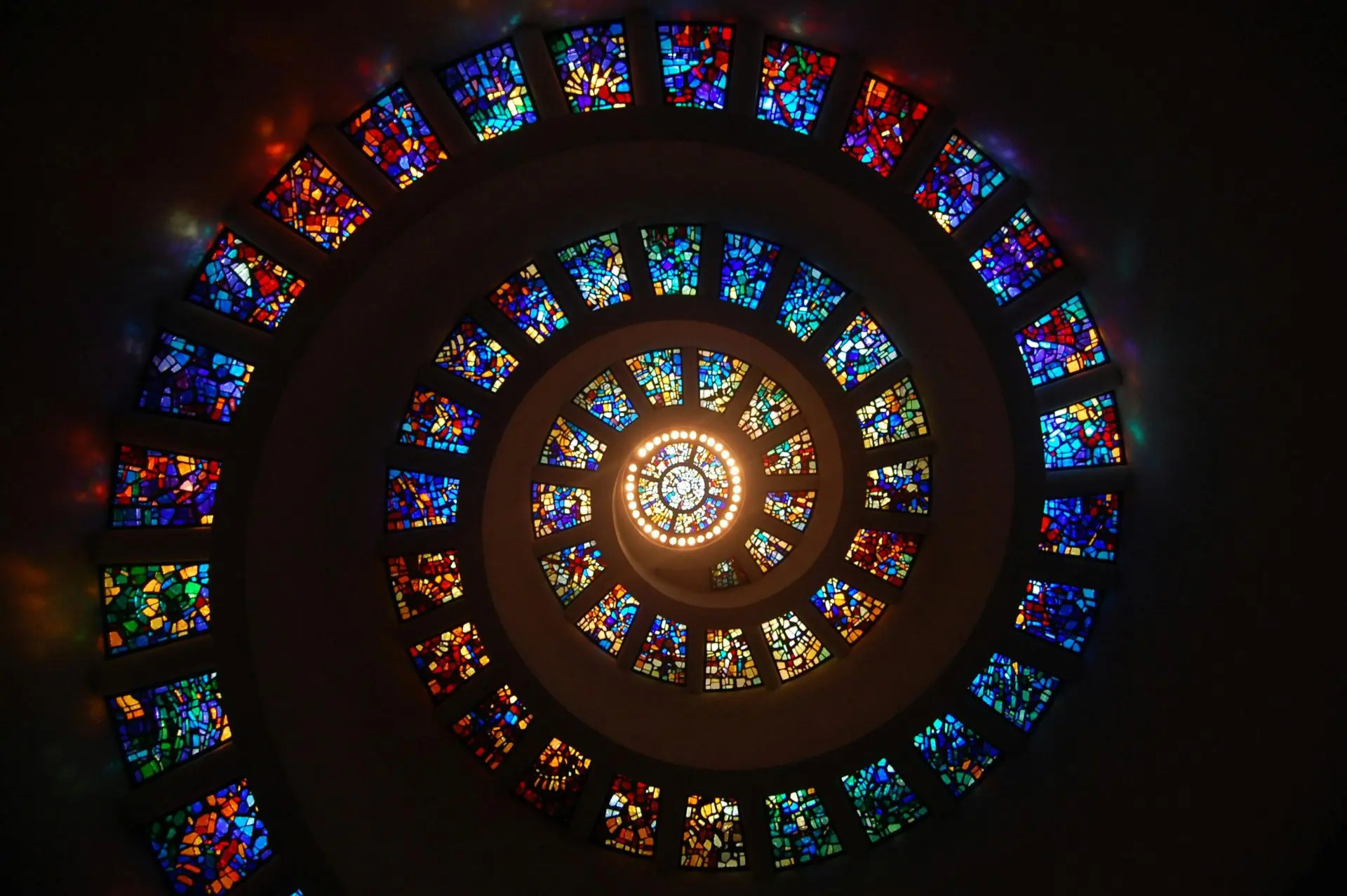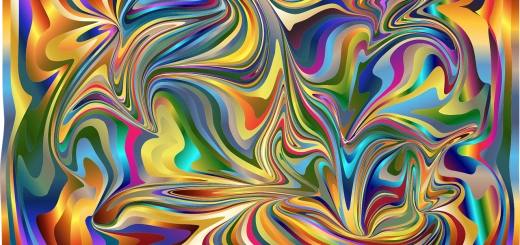Vayu: God of Wind and Life Force

Looking for more amazing products? Check out our online store and explore our collection here! Happy shopping!
Before diving in, please note: This post is for informational purposes only. If you’d like to know more about how we approach topics, feel free to check out our friendly Disclaimer Page.
Hey there, amazing readers! 
We’re committed to delivering quality posts, and your support (even just sticking around despite the ads) means everything to us. So, bear with us, and thanks for helping us keep the good vibes rolling. Now, on to the fun stuff!
TRANSLATE BUTTON AT THE END OF THE ARTICLE
A Quick Overview
Vayu, the God of Wind and Life Force, holds a significant place in Hindu mythology and culture.
As one of the elemental deities, Vayu is revered for his role in sustaining life through the breath of fresh air and the movement of winds.
This article will delve into the origins, symbolism, representations, rituals, stories, and modern-day worship associated with Vayu in Hinduism.
Introduction to Vayu, the God of Wind and Life Force
Vayu, also known as Vaayu or Pavana, is the Hindu deity responsible for the control of air, wind, and the life force within all living beings.
In Hindu cosmology, Vayu is considered one of the Pancha Mahabhutas (five great elements), along with Agni (fire), Jala (water), Akasha (ether), and Prithvi (earth).
Vayu is believed to be the essence of the life breath that sustains all living creatures and is regarded as an essential force in the cycle of creation and destruction.
Origins and Mythological Background of Vayu
In Hindu mythology, Vayu is often depicted as a deity riding a chariot drawn by several horses or as a powerful being with a fierce countenance.
He is believed to be the son of Sage Kashyapa and Aditi, the mother of all gods.
Vayu is closely associated with the Maruts, the storm deities, and is considered their leader.
According to the Rigveda, Vayu is hailed as the friend of Indra, the king of the gods, and is revered for his swiftness and strength.
Symbolism and Representations of Vayu in Hinduism
Vayu is typically depicted as a green-colored deity wielding a flag and holding a conch shell, symbolizing the movement of air and the breath of life.
He is often portrayed with wings and a crown, signifying his status as the ruler of the skies.
Vayu is also associated with the northwest direction, which is considered auspicious in Hindu traditions.
The sound of the wind is believed to be the voice of Vayu, carrying messages from the divine realm to the mortal world.
Vayu’s Role in the Hindu Pantheon
As the God of Wind and Life Force, Vayu plays a crucial role in Hindu cosmology and religious practices.
He is invoked in prayers and rituals for blessings of vitality, strength, and purification.
Vayu is also considered a messenger of the gods, carrying offerings and prayers from earth to heaven.
In the Hindu pantheon, Vayu is revered alongside other elemental deities and is worshipped for his benevolent and protective nature.
Vayu’s Consort and Offspring in Hindu Mythology
In Hindu mythology, Vayu is believed to have a consort named Anjana, who is the mother of Hanuman, the monkey god.
Hanuman, known for his devotion and heroism, is considered an incarnation of Vayu and is revered for his strength and courage.
As the son of Vayu, Hanuman is often worshipped alongside his father in temples and shrines dedicated to both deities.
Temples and Shrines Dedicated to Vayu
There are several temples and shrines dedicated to Vayu across India, where devotees offer prayers and perform rituals to seek his blessings.
One of the most famous temples dedicated to Vayu is the Hanuman Temple in Hampi, Karnataka, where the deity is worshipped as the divine embodiment of strength and vitality.
Devotees flock to these sacred sites to seek protection, guidance, and spiritual upliftment from Vayu.
Rituals and Prayers honoring Vayu in Hinduism
Devotees of Vayu perform various rituals and prayers to honor the God of Wind and Life Force.
Some common practices include chanting Vayu mantras, offering incense, lighting lamps, and performing aarti (ritual worship) in temples and homes.
The Vayu Gayatri mantra, Om Anilaya Vidmahe, Vayu Putraya Dheemahi, Tanno Vayu Prachodayat, is recited to invoke the blessings of Vayu for strength, vitality, and spiritual enlightenment.
Vayu’s Connection to Nature and the Elements
Vayu’s domain over the wind and air symbolizes his connection to nature and the elements.
The movement of air is essential for the balance of ecosystems and the circulation of energy throughout the earth.
Vayu’s presence in the atmosphere is believed to bring life-giving oxygen and vitality to all living beings.
The destructive power of the wind also represents Vayu’s role in cleansing and rejuvenating the natural world.
Vayu in Art and Literature Throughout History
Throughout history, Vayu has been portrayed in various forms of art, literature, and sculpture in Hindu culture.
Paintings, sculptures, and murals depicting Vayu can be found in temples, palaces, and museums across India.
In Sanskrit literature, Vayu is praised for his speed, agility, and benevolence towards devotees.
His stories and legends are passed down through generations, inspiring awe and reverence for the God of Wind and Life Force.
Vayu’s Influence on Ayurveda and Traditional Medicine
In Ayurveda, the ancient Indian system of medicine, Vayu is considered one of the three doshas (bio-energies) that govern the body’s physiological and psychological functions.
Imbalance in Vayu dosha is believed to cause ailments related to the nervous system, respiratory system, and circulation.
Ayurvedic therapies and treatments aim to restore harmony in the Vayu dosha through diet, herbs, yoga, and meditation practices.
Stories and Legends Surrounding Vayu
One of the most famous legends associated with Vayu is the story of Hanuman, his son, who played a crucial role in the epic Ramayana.
Hanuman’s unwavering devotion and loyalty to Lord Rama earned him the title of "Vayuputra" or son of Vayu.
Another popular tale recounts how Vayu saved the life of Bhima, one of the Pandava brothers, by providing him with air to breathe during a battle.
These stories highlight Vayu’s protective and nurturing qualities in Hindu mythology.
Modern Day Worship and Devotion to Vayu
In modern times, devotees continue to worship and honor Vayu for his blessings of vitality, strength, and protection.
Special prayers and ceremonies are held on Vayu Jayanti, the auspicious day dedicated to the God of Wind and Life Force.
Pilgrims visit temples and shrines dedicated to Vayu to seek his guidance and blessings for health, happiness, and prosperity.
Vayu remains a beloved deity in Hindu culture, symbolizing the eternal cycle of life and the power of the elements.
Conclusion
Vayu, the God of Wind and Life Force, holds a revered place in Hindu mythology and spirituality.
As the embodiment of air, breath, and vitality, Vayu is worshipped for his role in sustaining life and connecting mortals to the divine realm.
Through rituals, prayers, stories, and art, devotees continue to honor and celebrate Vayu’s benevolent presence in the world.
His influence on nature, Ayurveda, and traditional medicine underscores his significance in promoting health, harmony, and well-being in the universe.
Vayu’s timeless legacy endures through the ages, inspiring reverence and devotion among followers of Hinduism.

The Enlightenment Journey is a remarkable collection of writings authored by a distinguished group of experts in the fields of spirituality, new age, and esoteric knowledge.
This anthology features a diverse assembly of well-experienced authors who bring their profound insights and credible perspectives to the forefront.
Each contributor possesses a wealth of knowledge and wisdom, making them authorities in their respective domains.
Together, they offer readers a transformative journey into the realms of spiritual growth, self-discovery, and esoteric enlightenment.
The Enlightenment Journey is a testament to the collective expertise of these luminaries, providing readers with a rich tapestry of ideas and information to illuminate their spiritual path.
Our Diverse Expertise
While our primary focus is on spirituality and esotericism, we are equally passionate about exploring a wide range of other topics and niches 

To ensure we provide the most accurate and valuable insights, we collaborate with trusted experts in their respective domains 
Our blog originally focused on spirituality and metaphysics, but we’ve since expanded to cover a wide range of niches. Don’t worry—we continue to publish a lot of articles on spirituality! Frequently visit our blog to explore our diverse content and stay tuned for more insightful reads.
Hey there, amazing reader! 
Check out our store here and take a peek at some of our featured products below! Thanks for being awesome!










